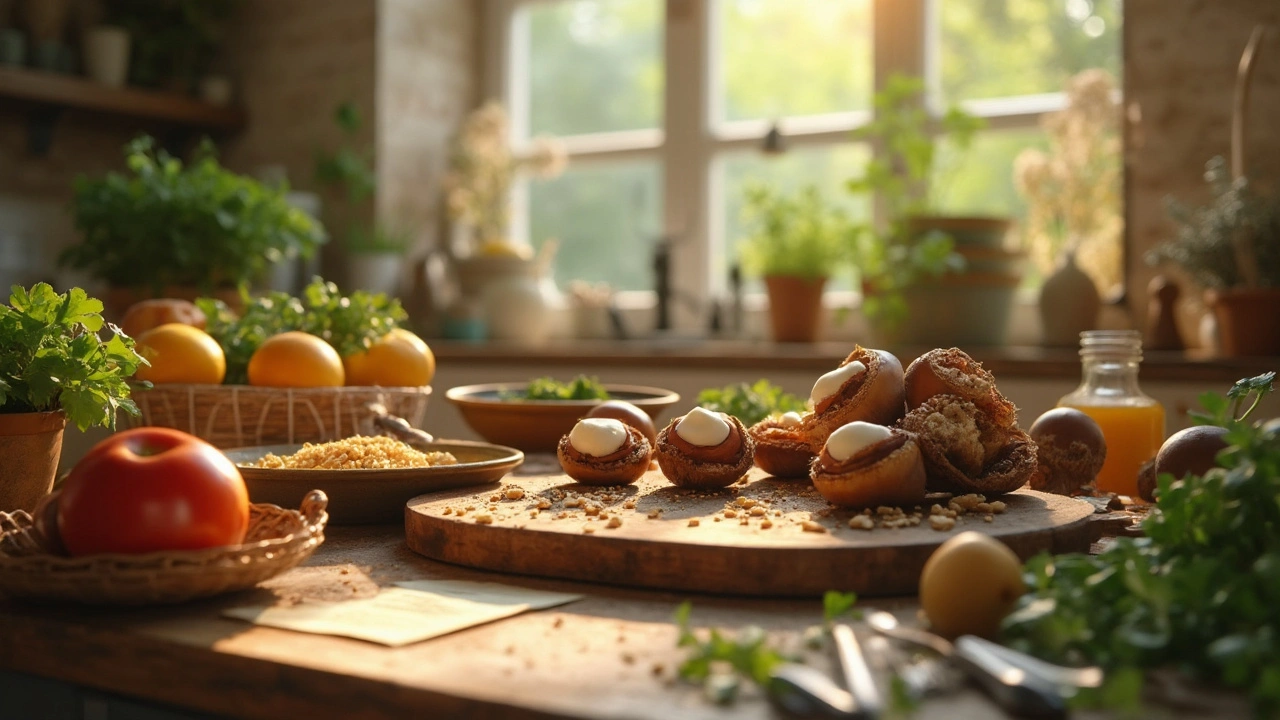Antioxidants: What They Are and How They Help Your Body
Ever wonder why you keep hearing about antioxidants on health blogs? Simply put, they’re molecules that stop harmful free radicals from damaging your cells. Free radicals are unstable atoms that pop up when you eat, exercise, or get exposed to pollution. Left unchecked, they can speed up aging and raise the risk of chronic diseases.
The good news is your body already makes some antioxidants, like glutathione, but it also relies on the food you eat to fill the gap. Adding antioxidant‑rich foods to meals is one of the easiest ways to protect your cells without popping pills.
Research links strong antioxidant intake to lower inflammation, better heart health, and even sharper memory. In practical terms, that could mean fewer joint aches, a steadier blood pressure, and a clearer mind when you need it.
So, where do you find these power‑packed nutrients? Berries (especially blueberries and strawberries), leafy greens (spinach, kale), nuts, and dark chocolate are all high‑score players. Even everyday items like tea, coffee, and tomatoes add a solid antioxidant punch.
Cooking can affect antioxidant levels, too. Light steaming keeps most vitamins intact, while over‑cooking can break them down. For example, lightly sautéed spinach retains more lutein than boiled spinach. Pairing acidic foods like lemon juice with veggies can actually boost antioxidant absorption.
Common Antioxidant Foods to Add to Your Plate
Want a quick list? Grab a handful of almonds, snack on an orange, toss some red bell pepper into a stir‑fry, and finish dessert with a square of dark chocolate (70% cocoa or higher). These choices are easy, affordable, and fit into most diets.
If you’re a fan of smoothies, blend berries, banana, a splash of green tea, and a scoop of plain yogurt. You get a tasty drink and a blend of vitamin C, flavonoids, and probiotics—all antioxidants in one.
Choosing Antioxidant Supplements Wisely
Supplements can fill gaps, but they’re not a magic solution. Look for products that list the exact amount of active ingredients (like 100 mg of vitamin E or 500 IU of vitamin D) and avoid proprietary blends that hide dosages.
People with specific needs—such as athletes dealing with oxidative stress from intense training—might benefit from a targeted antioxidant formula. However, excessive antioxidant supplementation can interfere with the body’s natural balance, so stick to the recommended dose and talk to a healthcare professional before starting.
Bottom line: focus on whole foods first, use supplements only when advised, and keep a varied diet to cover the full spectrum of antioxidants. Your cells will thank you, and you’ll feel the difference in everyday energy and wellness.


